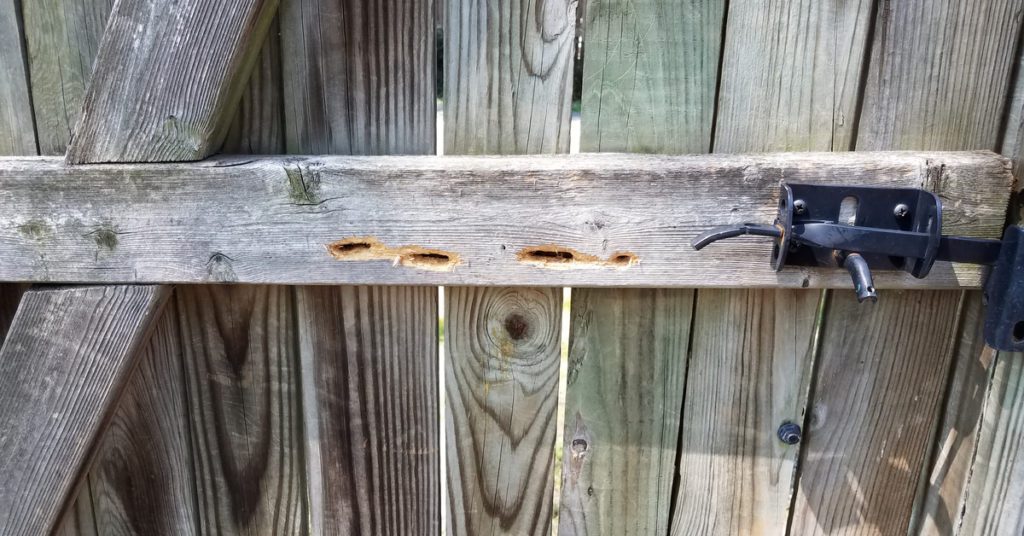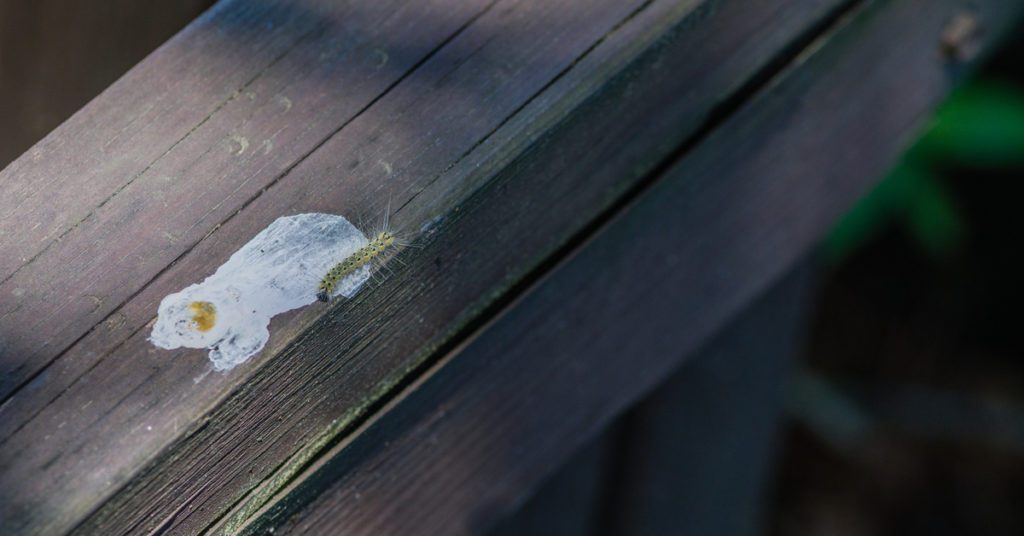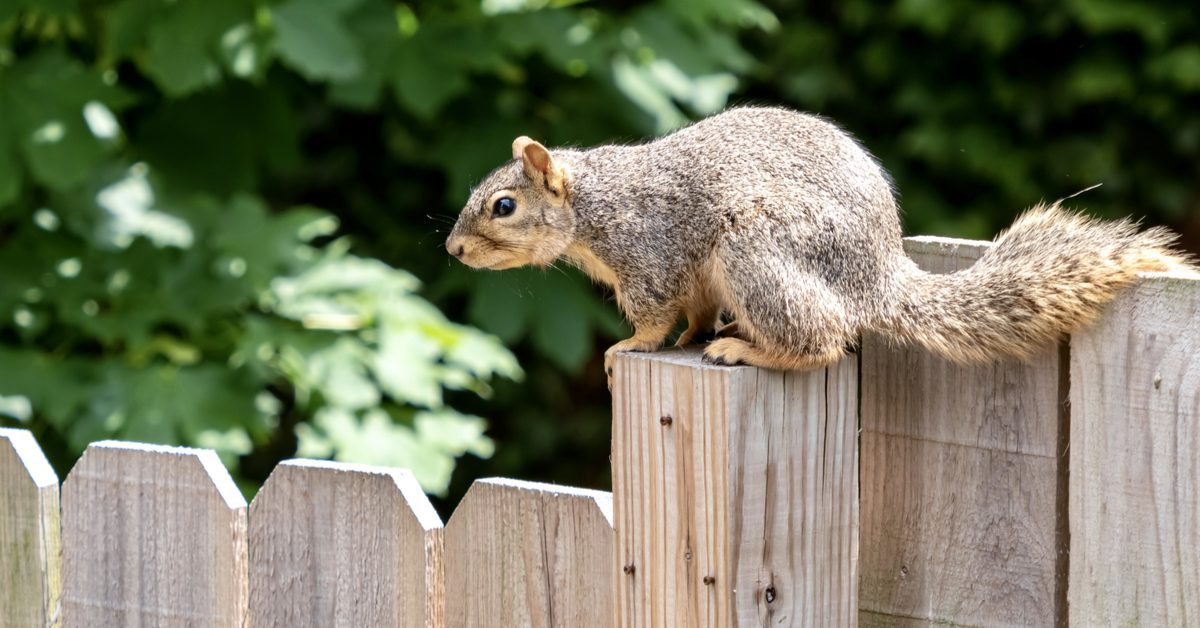Why are pests and Wildlife Attacking Your Wood Fence?
Your wood fence may attract several types of wildlife that could damage it and produce a need for repairs. Here are some of the types of wildlife that could be attacking your fence and why.
Woodpeckers may find food in fence posts.
While woodpeckers may seem to be drilling holes for fun, they actually choose their targets carefully. Woodpeckers have a great sense of hearing that allows them to hear tasty insects moving inside a piece of wood. When they hear that, they drill a hole to find the insect. Woodpecker damage to a post may mean you need to replace it, but keep in mind the insects inside were probably damaging it too.
squirrels may gnaw on wood fence components.
Squirrels are rodents, and rodents love to chew. In some situations, squirrels may decide to chew on a fence. Since they have incredibly effective teeth that never stop growing, this can become a big problem for your fence. You could try scaring the squirrels away with a predator decoy or coating the fence with a squirrel repellent to prevent the damage.
Some people go the opposite route and give squirrels something better to chew on, such as sunflower seeds.
Carpenter bees may nest in fences.

Carpenter bees nest inside the wood. They don’t eat the wood but hollow it out to live inside. This can make the wood less structurally sound and more susceptible to water damage and rot, which is why you should be concerned if you notice these insects in your fence posts.
Carpenter bees prefer wood in its natural state (unfinished), so they could be a sign you need some fence maintenance. On the other hand, if you plug up their holes in the fall and give the fence a thorough coating of paint or varnish, they’re less likely to recur.
termites and beetles may eat wood from the inside.
Termites and some beetles (such as powder post beetles) eat the wood material from inside rather than just burrowing in it. To prevent these insects, consider applying pesticides as well as protective coatings. If the insects are already there, you’ll need to replace all affected fence sections.
Nuisance birds may coat fences with acidic droppings.


The flat, straight top of a fence can be a perfect place for birds to perch. The elevated placement means they can see their surroundings easily, helping them to avoid predators. Bird droppings on your fence can be very unsightly, but worse; they could damage the fence as well. Because of their acidity, bird droppings can start to erode the surface of your wood fence.
Flash tape or predator decoys can help keep nuisance birds out of the area, and you can mitigate fence damage by scrubbing off the droppings and refinishing the fence if necessary.
As you can see, different types of insects, animals, and birds may have other reasons for damaging your fence, but the reasons usually boil down to either food or safety. First, repair any damage, then keep your fence well-maintained to keep insects out in the future and avoid attracting woodpeckers.
Are pests or Wildlife Attacking Your Wood Fence?
Get additional help from a professional pest control company. Get in touch with NJ Pest Control today. We have the knowledge, expertise and years of experience to get rid of these critters and keep your fence safe.

